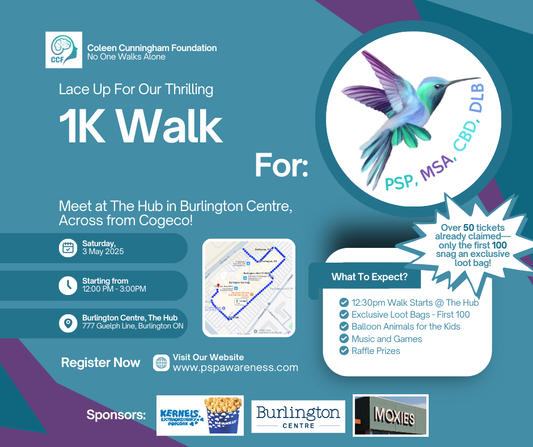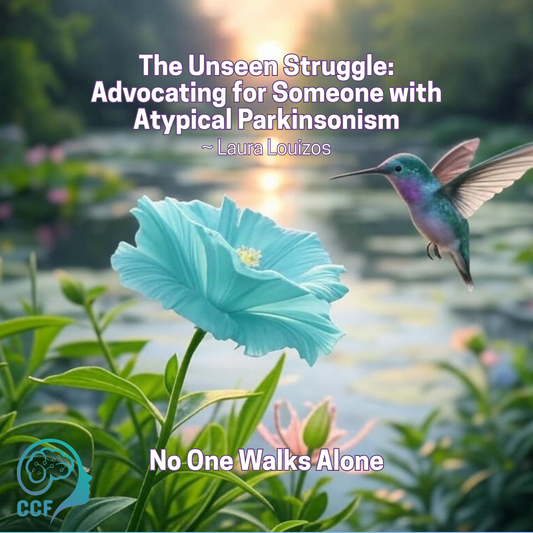Physiotherapy can play an important role in the management of Progressive Supranuclear Palsy (PSP), a rare neurodegenerative disorder that primarily affects movement and cognition. Physical therapy can help maintain and improve mobility, balance, and quality of life for people with PSP.
The goals of physiotherapy for PSP are to improve strength, flexibility, and mobility, reduce the risk of falls, and manage symptoms such as muscle stiffness and rigidity. Some specific techniques that may be used in physiotherapy for PSP include:
-
Exercise: A physiotherapist can design a customized exercise program to help improve strength, flexibility, and mobility. This may include range-of-motion exercises, stretching, and resistance training.
-
Balance training: PSP can cause difficulties with balance and coordination, increasing the risk of falls. A physiotherapist can provide exercises and techniques to improve balance and reduce the risk of falls.
-
Gait training: PSP can cause difficulties with walking and mobility. A physiotherapist can provide gait training exercises and techniques to help maintain and improve walking ability.
-
Assistive devices: A physiotherapist can recommend and teach the use of assistive devices such as canes or walkers to help with mobility.
-
Breathing exercises: In some cases, PSP can cause breathing difficulties. A physiotherapist can provide breathing exercises and techniques to help manage these symptoms.
It is important to note that physiotherapy for PSP should be individualized and tailored to the specific needs and abilities of each person. It is recommended to work with a physiotherapist who has experience working with people with neurological conditions.
Sources:
- National Institute of Neurological Disorders and Stroke. (2022). Progressive supranuclear palsy fact sheet. Retrieved from https://www.ninds.nih.gov/Disorders/Patient-Caregiver-Education/Fact-Sheets/Progressive-Supranuclear-Palsy-Fact-Sheet
- CurePSP. (n.d.). Physical Therapy. Retrieved from https://www.psp.org/living-with-psp/physical-therapy/


 Donate
Donate




1 comment
J’ai besoin comprendre ce que vie mon papa…